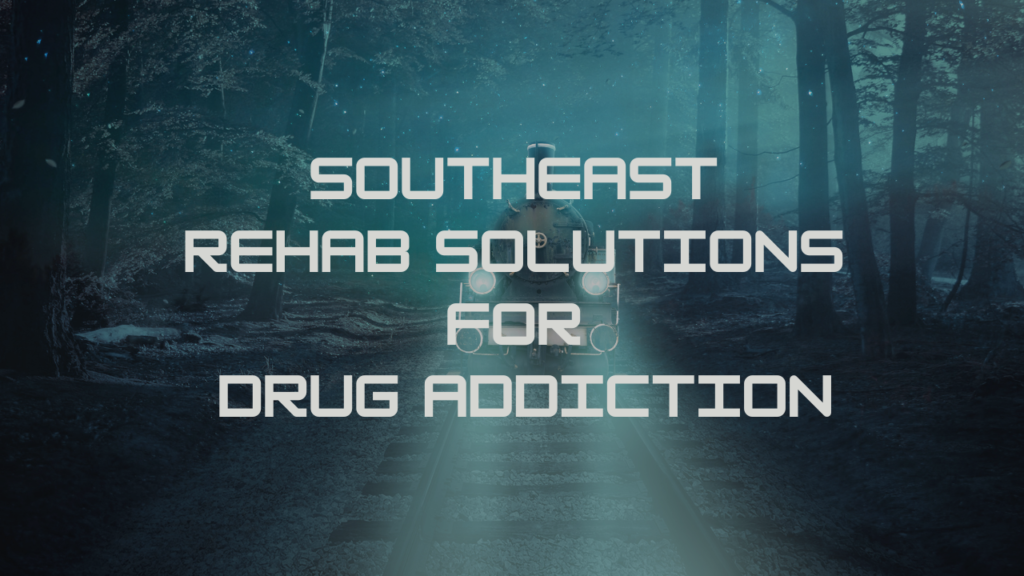
Drug rehabilitation is a journey of profound transformation, encompassing physical, emotional, and spiritual healing. For many, the path to recovery from addiction is filled with challenges and triumphs, but the end goal remains a life of sobriety, purpose, and well-being. This journey is supported by comprehensive rehab programs designed to address the multifaceted nature of addiction.
The Initial Steps: Acceptance and Commitment
The first transformative step in drug rehabilitation is acceptance. Admitting the existence of a problem and recognizing the need for help are crucial milestones. This stage often involves an intervention by loved ones or a moment of personal clarity where the individual acknowledges the impact of their addiction.
Once acceptance is reached, the commitment to recovery follows. This commitment is a pivotal point where the individual decides to engage in a structured rehabilitation program. The support of family, friends, and professional counselors is vital in fostering this commitment.
Detoxification: Cleansing the Body
The detoxification phase is the next critical step. Detox involves purging the body of harmful substances, which can be physically taxing and emotionally challenging. During this phase, medical supervision is essential to manage withdrawal symptoms and ensure the individual’s safety.
Detoxification is not just about cleansing the body; it is also the beginning of mental and emotional healing. It provides a clear starting point from which further therapeutic work can commence. The individual begins to experience the benefits of sobriety, such as improved physical health and mental clarity.
Therapy and Counseling: Healing the Mind
Following detoxification, intensive therapy and counseling become the focus. Various therapeutic modalities are employed to address the psychological aspects of addiction. Cognitive-behavioral therapy (CBT) is widely used to help individuals recognize and change destructive thought patterns and behaviors. Through CBT, individuals learn to cope with triggers and develop healthier responses to stress.
Group therapy is another cornerstone of drug rehabilitation. Sharing experiences with peers fosters a sense of community and mutual support. It helps individuals realize they are not alone in their struggles and that recovery is a shared journey. Group therapy also provides opportunities to practice social skills and rebuild trust.
Family therapy is integral in addressing the relational dynamics that may contribute to addiction. It helps repair and strengthen family bonds, ensuring that the individual’s support system is robust and understanding.
Holistic Approaches: Nurturing the Spirit
Many rehab programs incorporate holistic approaches to nurture the spirit and promote overall well-being. Activities such as yoga, meditation, and art therapy provide outlets for self-expression and stress relief. These practices help individuals connect with their inner selves, fostering a sense of peace and purpose.
Spiritual counseling or support groups can be particularly beneficial for those who find strength in faith. These sessions provide a space to explore spiritual beliefs and integrate them into the recovery process.
Life Skills and Aftercare: Preparing for the Future
As individuals progress through rehab, the focus shifts to building life skills and planning for the future. Vocational training, educational programs, and job placement services help individuals prepare for reintegration into society. Learning skills such as time management, financial planning, and healthy communication is crucial for maintaining sobriety in the long term.
Aftercare programs provide ongoing support after formal rehabilitation ends. These programs might include regular counseling sessions, support group meetings, and continued access to resources. Aftercare ensures that individuals have the necessary tools and support to navigate the challenges of maintaining sobriety.
The journey through drug rehabilitation is a transformative process that requires dedication, support, and comprehensive care. From detoxification to therapy, and holistic practices to aftercare, each step is designed to heal the body, mind, and spirit. With the right support and resources, individuals can overcome addiction and embark on a fulfilling path of recovery, leading lives marked by sobriety, health, and purpose.

Leave a Reply